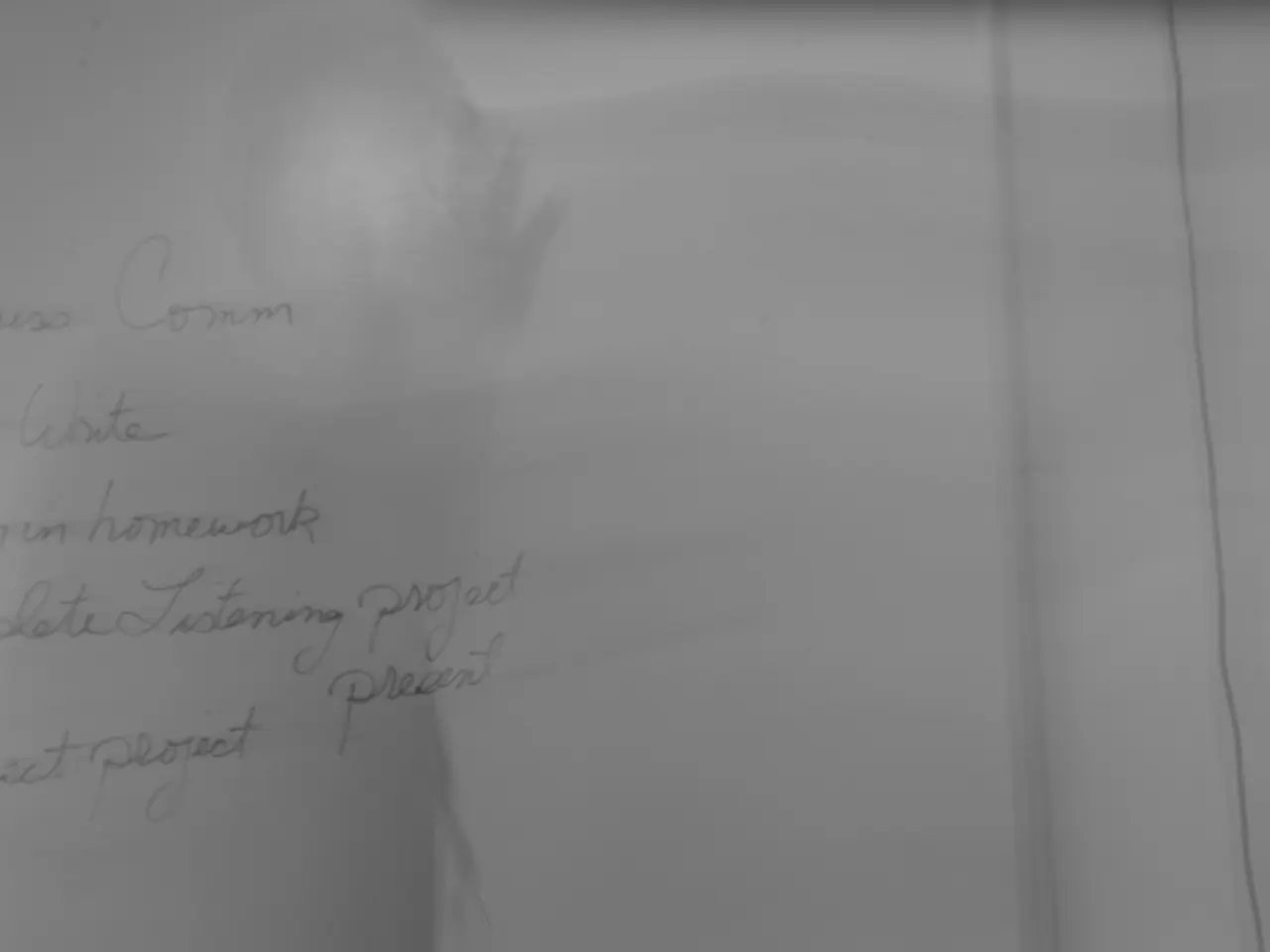SFFA Ruling Shakes Up DEI Programs: Employers & Universities Scramble to Adapt
The U.S. Supreme Court's June 2023 decision in Students for Fair Admissions, Inc. v. President and Fellows of Harvard College (SFFA) has sent shockwaves through universities and employers, prompting a reevaluation of their diversity, equity, and inclusion (DEI) programs. The ruling has led to a surge in legal challenges and changes in internal policies.
Following the SFFA decision, employers are urged to review and adjust their DEI programs to ensure legal compliance. This includes avoiding mandates that favor certain groups, eliminating direct numerical targets or incentives, and refraining from linking diversity goals to financial compensation. Individual employees are pursuing legal action against employers they believe have made adverse decisions based on internal diversity targets.
In higher education, lawsuits are challenging affirmative action in admissions and membership in prestigious university organizations. The American Alliance for Equal Rights, which brought the SFFA suit, has been actively targeting private employers with prominent DEI initiatives. Some companies have revised their internal policies to avoid litigation, removing explicit references to race as a factor in selection processes.
The SFFA decision has led to a shift in how employers and universities approach DEI. While the future of these programs remains uncertain, simple, replicable steps can help private sector employers avoid potential litigation. As legal challenges continue, organizations are urged to stay informed and adapt their policies accordingly.
Read also:
- Dual-function mattress offers both cooling and coziness at an affordable price.
- Top-Notch Weed Killers for Fences in 2025: Efficient Boundary Management Solutions for a Clean Fence Line
- Automotive 2024 Event Highlights AI, Data, and Cybersecurity in Supply Chain
- United Kingdom should refrain from hastily deciding on hydrogen home heating, according to Scotland's appeal.






